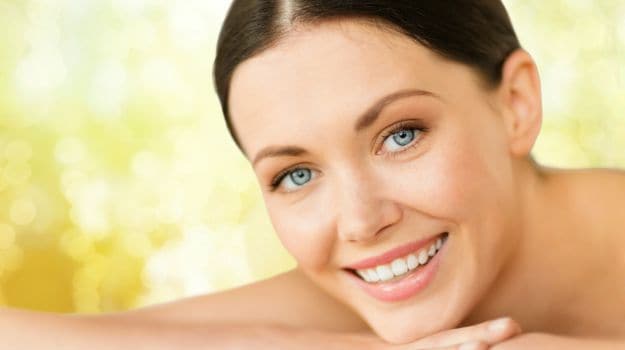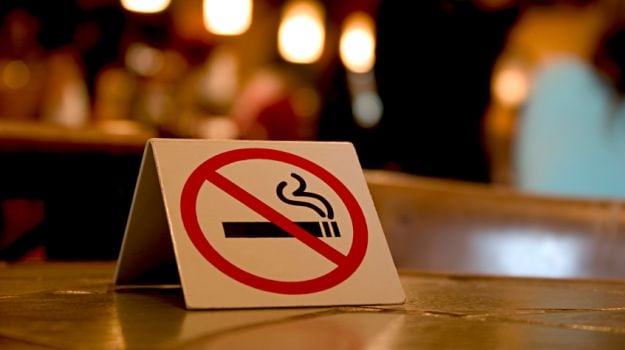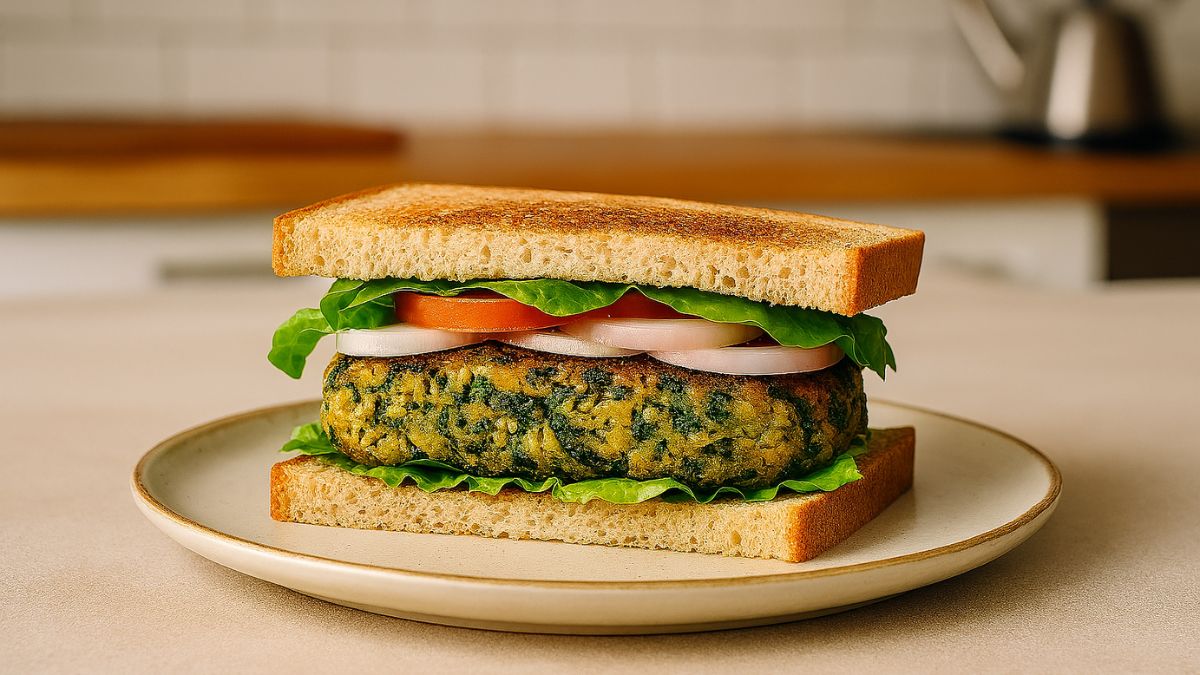A youthful skin that defies age, isn't that on the wish list of most around us? Who wouldn't want to turn back time and shed a few years off their face? Many would secretly flip through pages of fashion magazines and browse tips and tricks to look younger. A few others wouldn't mind resorting to cosmetic treatments to get that enviable younger look. Unfortunately, reality doesn't rely on shortcuts. It's about time we realised the mechanism of the human ageing process and understand its irreversible nature. Ageing is a gradual process which can be slowed down further, but never stopped. Two people of the same age may look different in terms of their age. This difference is an output of a combination of factors - genetic makeup, heredity traits and lifestyle.
It is said that a beautiful skin usually comes as an inheritance, but it doesn't really stop at that, does it? A lot also depends on how well you protect and safeguard your health. Good genes can't help you if you lead an unhealthy lifestyle.

Talking of genes, a recent study on ageing as reported by Daily Mail, UK, suggests the existence of a certain gene responsible for making you look older. According to the study, those who have copies of the 'ageing gene' look at least two years older than their actual biological age. Others who have just one such gene look older by about a year. Surprisingly, there exists a vast majority who may not have the gene altogether; these are the fortunate ones to retain their younger look.
It's Much More than a Wrinkle
Ageing doesn't start and stop at wrinkling. One needs to be watchful of many other signs as well. As you age you will see age spots, freckles and deep lines around all major folds on your face. Those lines at the sides of your eyes are known as crow's feet. You also have jowls which show the sagging of the jaw muscles and tissues.

According to an anti-ageing expert and leading dermatologist, Dr. Deepali Bhardwaj, "Facial ageing has many forms. There are certain factors that accelerate the pace of this process. Usually it happens over the years owing to gravitational changes and loss of skin elasticity. As we grow older our body witnesses the damage of cartilage, bones and tissues that are beneath the skin (loss of subcutaneous fat). On loss of these elements, the skin tends to lose support and starts sagging."
Repetitive muscle activity, exposure to radiation, UV rays (sun damage or photodamage) and harmful chemicals also add to skin degeneration and ageing.
5 Ways to Slow Down Ageing
As discussed above, ageing cannot be stopped, however, you can ensure better lifestyle and routine practices to delay it or slow it down. Below is a host of features one should keep in mind:
1. Skin Care RegimeAsk yourself, do you have a skin regime? Do you cleanse, exfoliate, message and moisturise? Experts suggest that a standard skin care regime is of the utmost importance to prevent accelerated ageing. "Do not get facials from anybody and anywhere. Do not change products too often. Chemicals can be extremely damaging to your skin," shares Dr. Deepali. Opt for natural and herbal ingredients. Identify your skin and choose products accordingly. Application matters the most. Apply products with thin consistency followed by the creamier ones. "Sunblock and moisturisers are very important. Wear an effective sunscreen every day, rain or sun!" exclaims Dr. Bharadwaj.

How to handle your face has a great impact on the creation of fine lines on your face. Always dab your face; never rub with hands, tissue, cotton or towel. Do not sleep on your stomach with your face down, it damages your skin and results sleep creases. Keep a check on dry skin. Do not neglect your hands, feet and neck. Always remove your makeup before going to bed. Yes, that kajal too!
2. Hydrate
Water, water, water! How many times will you turn away from the fact that drinking - at least - 2-3 litres of water is a must for healthy functioning of your body. It is great for skin as well. Just as your skin requires external moisturization and hydration, our body needs enough water to work properly. If drinking plain water bores you, opt for other fluids like coconut water, fresh fruit juices, buttermilk, sherbets, etc.
3. Learn to Say No
Say no to excessive smoking and drinking, prolonged sitting, late working hours, processed foods, excess of caffeine, stress, sedentary lifestyle and obesity.

4. You Are What You Eat
The importance of an ideal, balanced diet is known to all but practiced by a few. Dr. Deepali suggests including lots of seasonal produce in the diet for a healthy and glowing skin. "Yellow and purple coloured fruits and veggies especially. These are great for your skin," she notes. "Avoid red meat and fattening foods, instead, have fresh fruits and vegetables, beans, legumes, nuts, whole grains, seeds and dairy products on a daily basis. Olive oil can safely be added to your daily diet. Sweets, eggs, poultry and fish should be eaten in intervals during the week. All these should always be teamed with at least 30 minutes of physical exercise," concludes Dr. Bharadwaj.
Foods to avoid:
- High glycemic load carbohydrates - anything made of refined sugar
- Refined starch - maida-based breads and pastas
- Refined grains - white rice
- High starch - potatoes
- Commercially processed vegetable oils, fruit juices, beverages and packaged food material
5. Compromise anything but sleep
Needless to say, eight hours of sound sleep is essential for everybody and should never be compromised.









